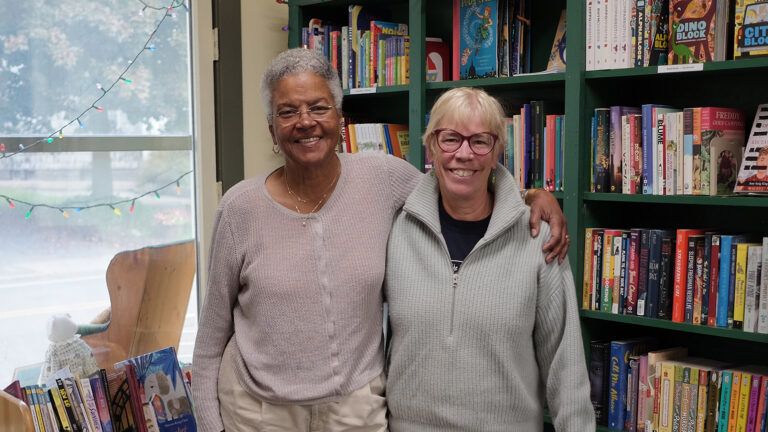We know that recovery programs can help people combat life-threatening behavior — like drug and alcohol addiction — but what about life-limiting behavior, like eating too many sweets, having a hair-trigger temper or even just spending too much time on a smartphone? Paul Williams’ and Tracey Jackson’s new book, Gratitude and Trust: Six Affirmations That Will Change Your Life (Blue Rider Press), may have the answer.
The book is written from the perspective of one addict and one non-addict. Co-author Williams is the Oscar- and Grammy-winning singer/songwriter famous for classic songs like “The Rainbow Connection,” “Evergreen” and “We’ve Only Just Begun,” but because of addiction issues, he says he lost a decade of his life. In the book, he reveals how he hit rock bottom in 1989 after suffering a psychotic breakdown before an Oklahoma City show in front of the show’s promoter. Two weeks later, Williams finally reached out to a doctor to get placed in rehab.
The entertainer discovered many years later that after witnessing his meltdown, the promoter — a recovering alcoholic himself — formed a prayer circle of fellow alcoholics to pray for Williams. Were the prayers what ultimately made him seek help? While he admits that “one never knows exactly,” the songwriter considers it proof of the power of faith.

Jackson, the singer’s longtime friend, wrote the screenplays to movies like Confessions of a Shopaholic and The Guru and the book Between a Rock and Hot Place: Why Fifty Is Not the New Thirty. While she is not an addict, she writes that “men, cigarettes, overspending, and catastrophic thinking” were ways she self-medicated. She also says she felt envious of how the principles of recovery improved others’ lives, and wished that there were such a program for non-addicts. Now she has helped create one.
Jackson suggested the book idea to Williams after hearing him say at a screening of the 2011 documentary, Paul Williams Still Alive, that his “choo-choo runs on the twin rails of gratitude and trust.” To that end, the book Gratitude and Trust offers what it calls “Six Affirmations of Personal Freedom” that are a roadmap to a better life:
- Something needs to change, and it’s probably me.
- I don’t know how to do this but something inside me does.
- I will learn from my mistakes and not defend them.
- I will make right the wrongs I’ve done whenever possible.
- I will continue to examine my behavior on a daily basis.
- I will live in love and service, gratitude and trust.
“Willingness to change” is key to self-improvement, Williams says. It starts with identifying what the problem is, and recognizing that “something is broken.” The book offers exercises in which readers can be honest with themselves about what they are doing that is holding them back from being their best. After the self-examination, they can use the affirmations to control their bad impulses and make lasting changes in their lives.
Change is hard, the authors both acknowledge, because people get so attached to their vices and they are not going to erase years of bad habits in weeks, but using the affirmations and not giving up on making changes can make a real difference. It is important for people to get “comfortable in their discomfort,” Jackson says, in order to get through it. She explains that people have to ride the wave of these feelings and persevere instead of going back to their bad behavior when their feelings overwhelm them. When changing their lives and getting rid of bad behavior, she notes that you will feel worse before you feel better.
Williams says that “nature abhors a vacuum.” Thus, when making a change and taking something out of your life, you should use a good habit, such as exercise, to replace a bad one, such as smoking. The authors also say that it takes time and repetition to build good habits, and that people need to allow themselves slip ups, instead of giving up when things seem too hard.
Faith in a higher power is also an important part of Gratitude and Trust’s affirmations. Both authors share how they rely on faith in their lives. Williams tells Guideposts.org that he prays the following to God, whom he calls the “Big Amigo,” each morning, usually when he goes out running: “Surprise me, God. Leave me where You need me.”
Jackson tells Guideposts.org that this service to others is an important part of change, saying that you can get clarity on your own problems by helping people with theirs. Both say they have found that giving back to others is crucial in living a good life, even if you don’t get acknowledgement of what you have done. While you can’t change others, they say that if you know you have done the right thing, that is what matters in order to live your life in “love and service, gratitude and trust.”





